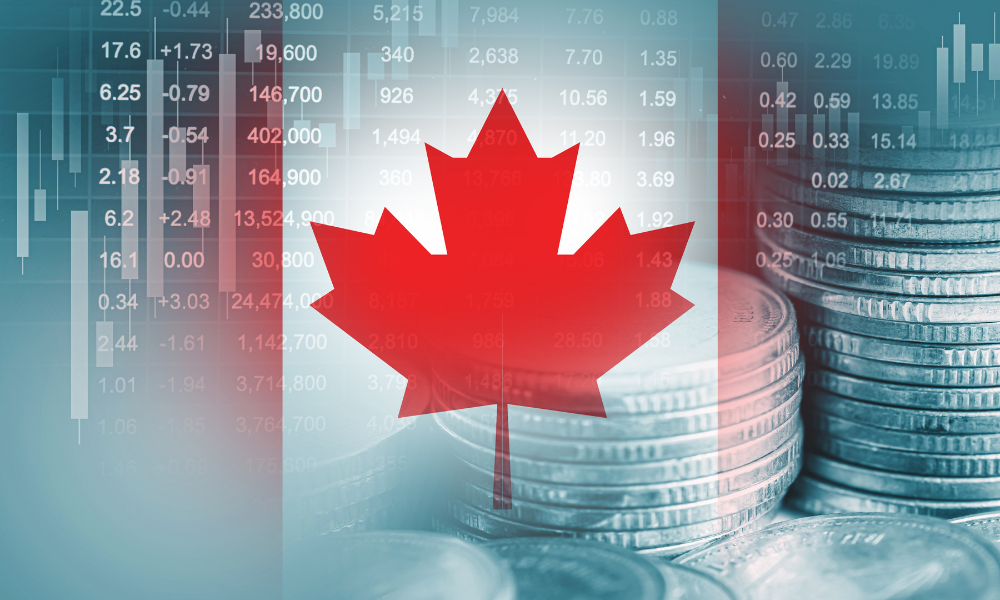Low costs are important in fund investment — but they're not the only factor to consider

With the advance of passive funds and investors’ increasing focus on cost, it’s tempting to assume that the lowest-cost funds will always have the biggest advantage. But one ETF expert points out that it’s not the only factor to consider.
“Low cost is good for investors because they get to keep more of their gains,” said Rich Powers, head of Vanguard ETF Product Management, in a think piece on the Vanguard Canada website.
Citing Morningstar data, he noted that more than 60% of fund industry assets in the US are now invested in the two least expensive deciles of mutual funds and ETFs. The most expensive decile of funds and ETFs now account for less than 1% of US assets, and the highest-expense-ratio product in the lowest decile has dropped more than 20% in the last 10 years.
Powers noted that as ETF expense ratios converge for many core products, other factors could have a longer-term impact for investors. “When the differences in expense ratio among competing products are only a handful of basis points, cost should probably fall further down the due diligence checklist,” he said.
He then suggested the following filters as factors to consider in choosing investments:
For more of Wealth Professional's latest industry news, click here.
Related stories:
Passive investing will dominate equity market, says Vanguard founder
ETFs moving on from cap-weighted indexes: WisdomTree
“Low cost is good for investors because they get to keep more of their gains,” said Rich Powers, head of Vanguard ETF Product Management, in a think piece on the Vanguard Canada website.
Citing Morningstar data, he noted that more than 60% of fund industry assets in the US are now invested in the two least expensive deciles of mutual funds and ETFs. The most expensive decile of funds and ETFs now account for less than 1% of US assets, and the highest-expense-ratio product in the lowest decile has dropped more than 20% in the last 10 years.
Powers noted that as ETF expense ratios converge for many core products, other factors could have a longer-term impact for investors. “When the differences in expense ratio among competing products are only a handful of basis points, cost should probably fall further down the due diligence checklist,” he said.
He then suggested the following filters as factors to consider in choosing investments:
- Investment strategy: Index funds — even those within the same category — are not interchangeable commodities. “An equal-weight index, for instance, will likely not perform like a market-cap-weighted index,” he said. Understanding a fund’s benchmark index and the assumptions underlying the index is important.
- Methodology: Powers noted that products focused on the same market can also differ in exposure because of their methodologies. For funds tracking the US bond market, some providers could use float-adjusted benchmarks, which do not count bonds that are held by the US Federal Reserve and are therefore not part of the public market. Equity funds can also differ in how they view the public float of various companies.
- Tracking differences: Funds may “mistrack” their benchmarks for different reasons. Powers recommended the use of analytical tools from both ETF providers and third parties to help determine any tracking errors.
- Spreads: The bid-ask spreads on an ETF may become materially larger than its expense ratio, so it’s useful to do a comparison that includes not just the expense ratios but also the spreads on the ETFs being compared. For such an analysis, Powers said time horizons could be one year, three years, or longer.
- Tax efficiency: He added that taxes in certain jurisdictions can erode clients’ returns to a greater extent than expense ratios. The frequency and magnitude of an ETF’s capital gains distributions should also be considered. if an investor’s ETF or mutual fund can be kept within a tax-preferred account, it’s usually best to do so.
For more of Wealth Professional's latest industry news, click here.
Related stories:
Passive investing will dominate equity market, says Vanguard founder
ETFs moving on from cap-weighted indexes: WisdomTree



